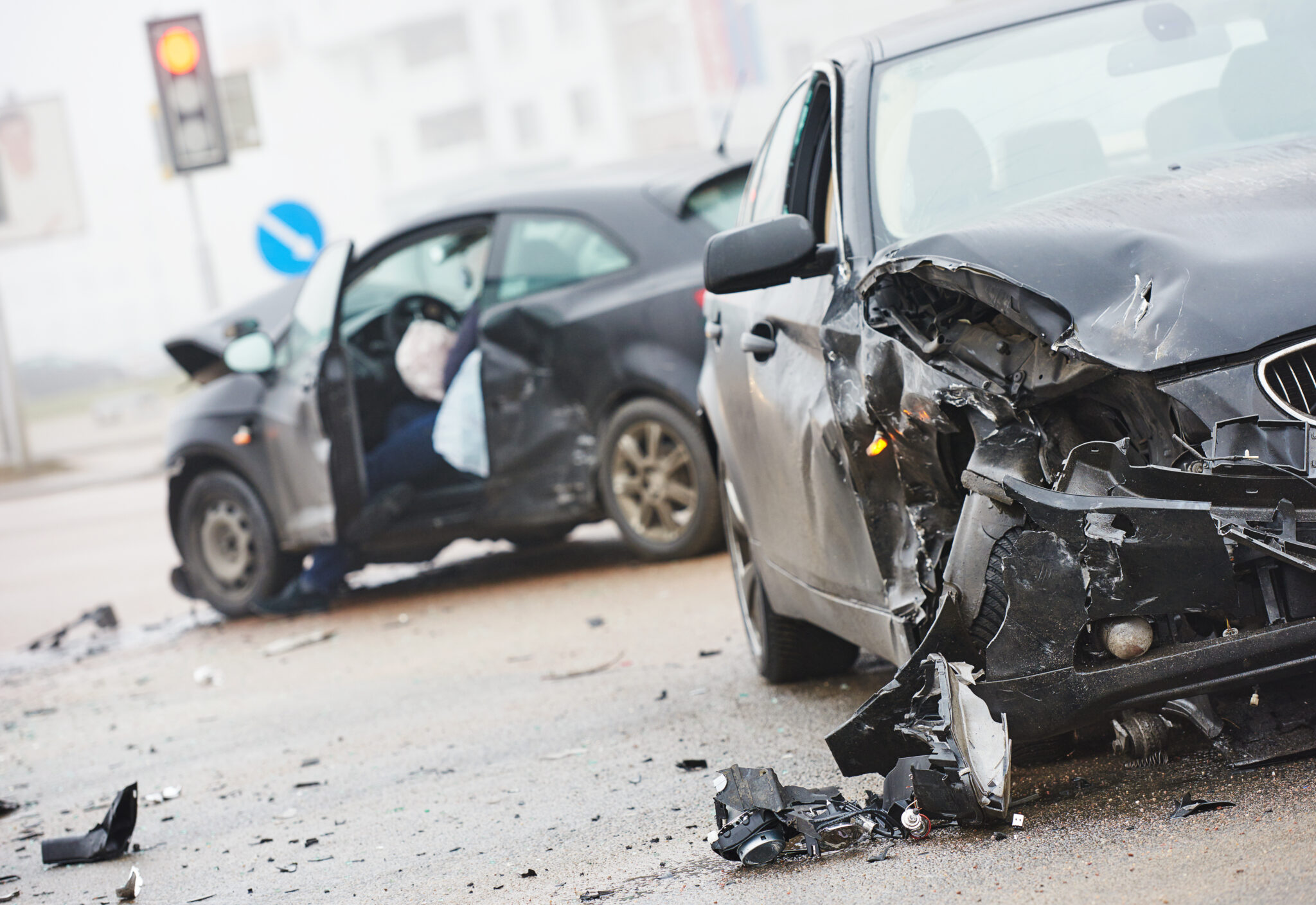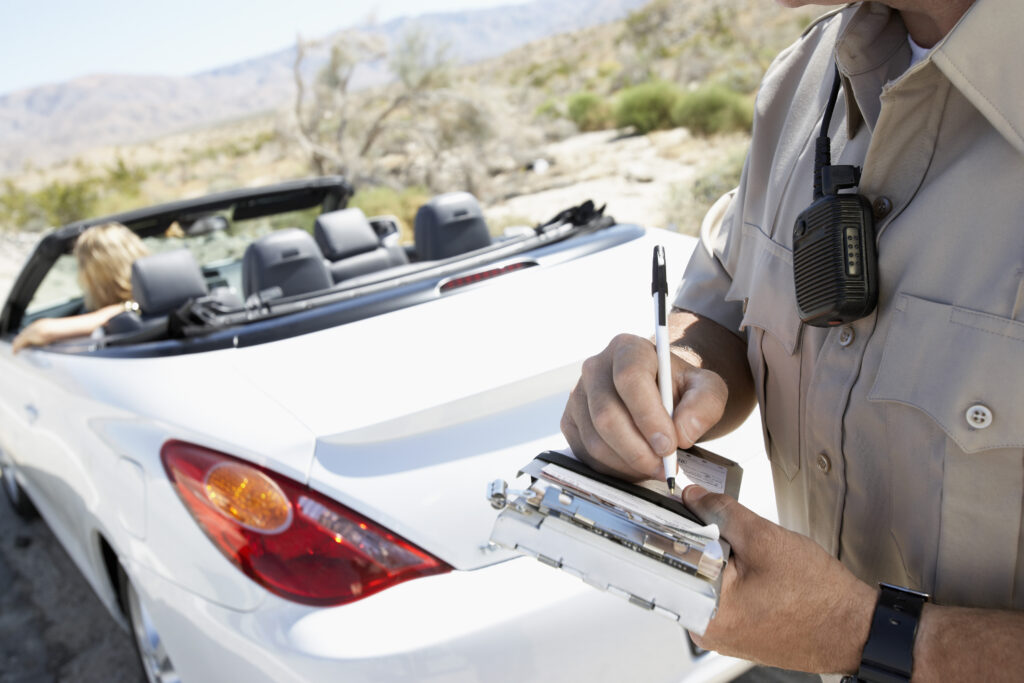Car accidents are expensive. You’ll most likely have to file a claim and pay your deductible. But costs climb exponentially if you or your passengers are hurt or injured. Depending on the severity of injuries, you could be on the hook for hundreds of thousands of dollars in medical bills. Loss of income is also possible if you need to take time off from your job as you recover or go through rehab. Personal injury protection insurance coverage, or PIP, helps ease the financial burden from injuries suffered in a crash.
PIP is a form of auto insurance that pays medical expenses and lost wages after a car accident. This article will help you learn all about this coverage, including the following:
- The definition of PIP
- Everything it covers
- States that require it
- Who needs it
- PIP coverage limits
- How much it costs
- Auto insurers that offer PIP
Personal Injury Protection (PIP) Definition
Personal injury protection, or PIP, is a key auto insurance coverage that pays for many medical expenses and services that you’ll need to recover from an accident. This includes hospital bills and wages lost if you have to take time away from your job. PIP covers both you and anyone riding in your car.
PIP is also sometimes referred to as “no-fault” insurance because it works whether you’re at fault or not. No-fault states will require you to buy a certain amount of it. This is because it will cover your injury expenses no matter who causes an accident.
This may seem like liability insurance coverage since both deal with injury, but it’s different because it only covers expenses related to you and your passengers. Liability only covers other people’s costs in an accident.
Everything PIP Covers
PIP covers a variety of costs that you may have in the aftermath of an accident. Below is a full list of what it covers:
- Medical bills. Covers medical costs and treatments. Common examples of this include medication, prosthetics, surgeries, and hospital bills.
- Lost wages. If you or your passengers can’t go to work for some time after an accident, PIP covers wages lost because of missed time.
- Loss of services. Covers the cost to hire someone to do household chores if you can’t do them.
- Rehabilitation expenses. Pays for rehab services like physical therapy to help you get back on your feet.
- Funeral expenses. Takes care of funeral or other end-of-life costs if there’s a death because of an accident.
What PIP covers varies from state to state. For example, New York includes transportation costs to medical treatment and household help. On the other hand, the State of Washington only requires covering the expenses and services from the above list.
What Isn’t Covered
Personal injury protection handles many of the expenses you may deal with after a car accident. But there are some things it doesn’t cover. This is often the case if the accident involved recreational activities or farm equipment, or if a crime was in progress.
Below is a list of what PIP typically doesn’t cover:
- Injuries involving farm vehicles such as tractors and riding lawn-mowers
- Injuries involving off-road or recreational vehicles such as ATVs and mopeds
- Injuries involving motorcycles
- Injuries intentionally caused by the insured driver
- Injuries involving organized racing by the insured driver
- Driving an uninsured vehicle
- Driving under the influence of drugs and/or alcohol that causes the accident and resulting injuries
- A driver who’s committing a felony
- Driving a stolen vehicle and sustaining injuries
Most insurance companies will only cover services that they think are reasonable and necessary. In other words, PIP only covers expenses that you need because an accident occurred. Insurers will also only cover services or costs that occur within three years of the accident. After that, your coverage won’t pay for anything.
Who Needs Personal Injury Protection?
Whether you need PIP or not depends on a few factors. One of the main things is the state you live in. Some states require personal injury protection. If your state doesn’t require it, it’s up to you to decide if you want to get it.
Below is a complete list of all states that require PIP or no-fault coverage in 2023, per the Insurance Information Institute (III):
- Delaware
- Florida
- Hawaii
- Kansas
- Kentucky
- Massachusetts
- Michigan
- Minnesota
- New Jersey
- New York
- North Dakota
- Oregon
- Pennsylvania
- Puerto Rico
- Utah
The states listed above are no-fault states. This means that they have policies in place that make it mandatory for drivers to file a claim with their insurance company despite fault. Because of this, these states require PIP to protect drivers in all situations.
The states below only ask that insurers offer PIP to you when putting together your quote:
The above states may want you to decline PIP in writing if you don’t need it. Otherwise, it automatically becomes part of your policy. In all other states, it’s an optional add-on to your auto insurance.
Note that health coverage doesn’t share the same benefits as PIP such as payment of lost wages and protection for passengers. That’s why it may be a good idea to consider adding no-fault insurance.
MedPay vs. PIP
Medical payments, also known as MedPay, is similar to PIP because it helps drivers and any of their passengers pay for medical bills. However, it only pays for medical and funeral expenses. Drivers don’t get any of the extra rehab or coverage of lost wages.
You usually can’t have both coverages on your insurance policy. This depends on your state’s laws, according to Allstate. Unlike PIP, MedPay is an optional add-on to your policy in every state.
It’s a good idea to know your state’s minimum requirements when shopping for car insurance. That way you’ll know what to expect when speaking to an insurance agent.
Aside from state laws, the other benefit of having PIP is peace of mind. After a car crash, it can often be a long time before investigators discover who’s at fault. Your coverage will take care of any medical bills and lost time at work so you can move on from the accident quickly.
Coverage Limits
Just like other insurance types, PIP has a coverage limit, which is the most money that your insurer will pay out.
Like other forms of insurance, you must have at least the minimum requirement for your state. After that, the choice is yours. Deciding how high or low to set your limits depends on how much you can afford.
How Much Does It Cost?
The price of PIP can vary depending on several factors. For instance, the amount of both your deductibles and limits can be a major rate factor. The following may also affect your insurance premium:
- Driving record
- Car make and model
- Your age
- Marital status
- Claims history
Companies That Offer Personal Injury Protection (PIP)
All the leading, well-known insurers offer PIP. But not always at the same cost. It’s a smart idea to compare rates make sure you get the best deal. Here are some of the largest national insurance companies that offer the coverage:
- Allstate
- American Family
- GEICO
- Farmers
- Liberty Mutual
- Nationwide
- Progressive
- State Farm
- Travelers
- USAA
Frequently Asked Questions
What healthcare expenses does PIP cover?
Personal injury protection (PIP) covers any:
- Medical bills
- Lost wages
- Loss of services
- Rehab bills
- Funeral expenses
What activities aren’t covered by PIP?
PIP often doesn’t cover many different recreational activities such as organized racing or driving ATVs. It also doesn’t cover drivers who are under the influence of drugs or alcohol, or those who committed a felony that caused an accident.
Do I need personal injury protection (PIP)?
You’ll need it if your state is one of the many that requires it. If you live in a state where personal injury coverage is an optional add-on, it’s still worth including on your policy because of its many benefits.
What is the difference between MedPay and PIP?
Medical payments is an optional coverage that takes care of medical bills and funeral expenses. Personal injury protection, on the other hand, pays everything MedPay does as well as many other expenses and services. It’s also mandatory in some no-fault insurance states.
Does PIP cover my passengers?
Yes, PIP covers the medical expenses and doctor bills for you and anyone in your car.
What are PIPs coverage limits?
Like other types of auto coverage, it has limits. How high you set your limit is up to you. The limit you choose must at least match your state’s legal limits.


